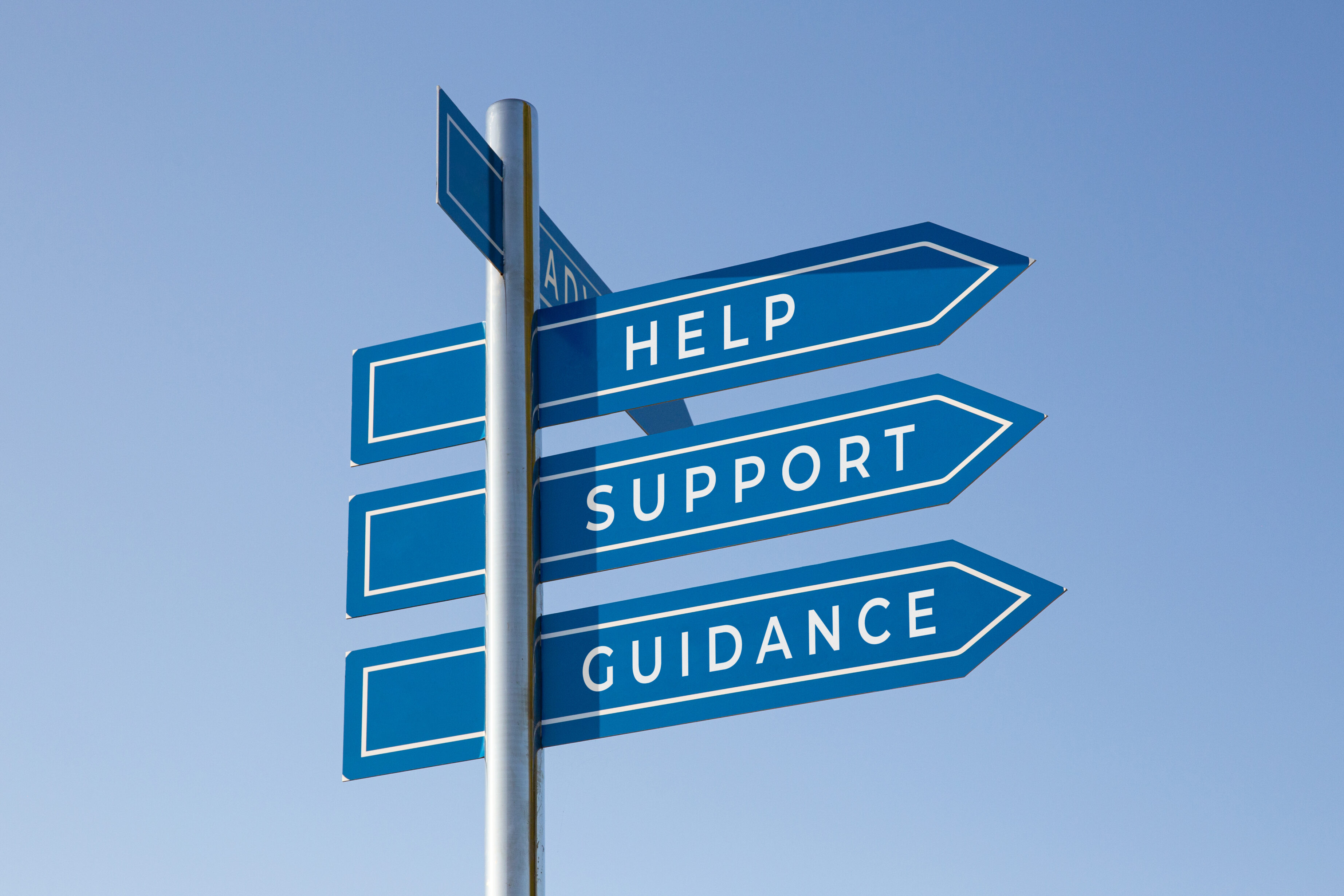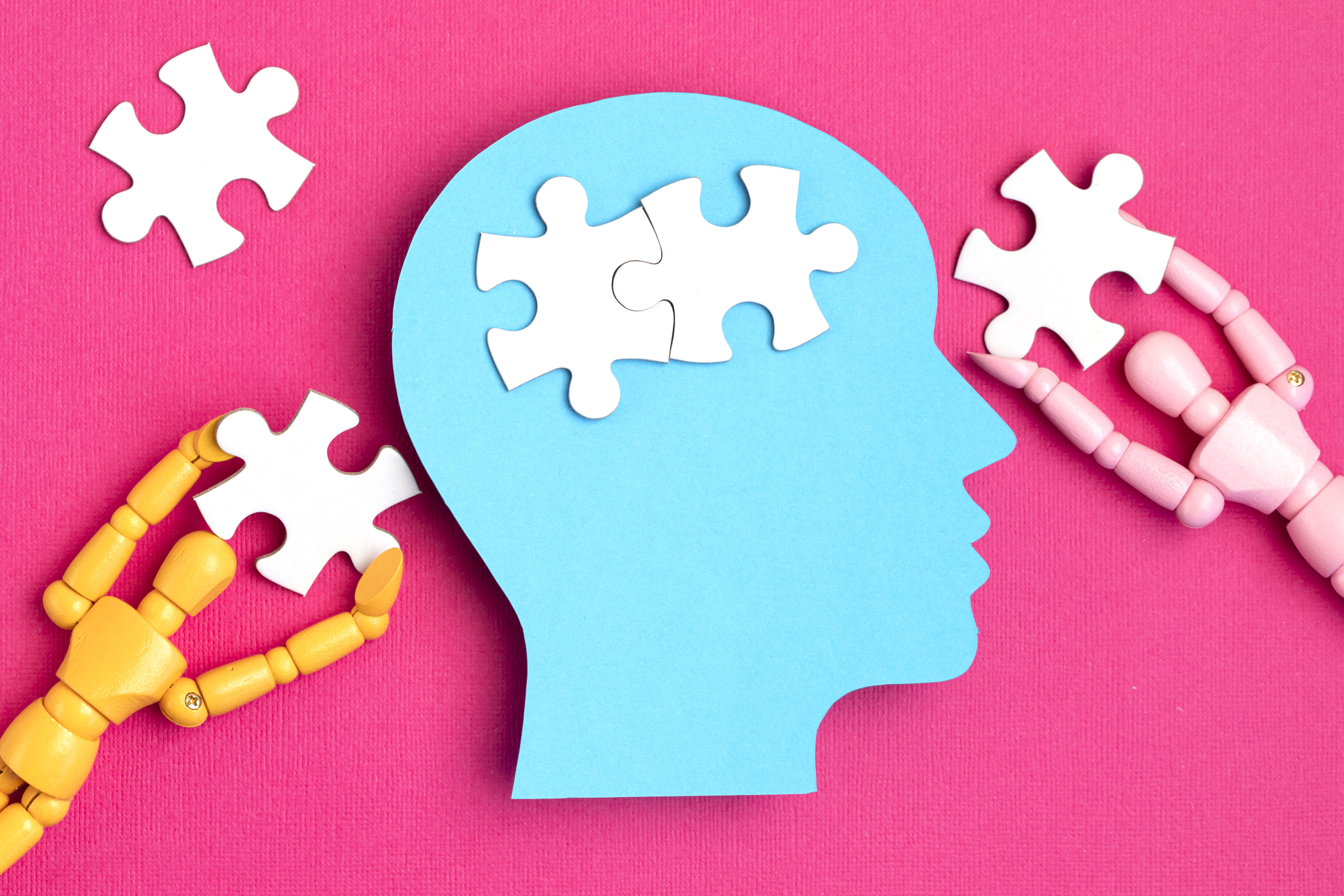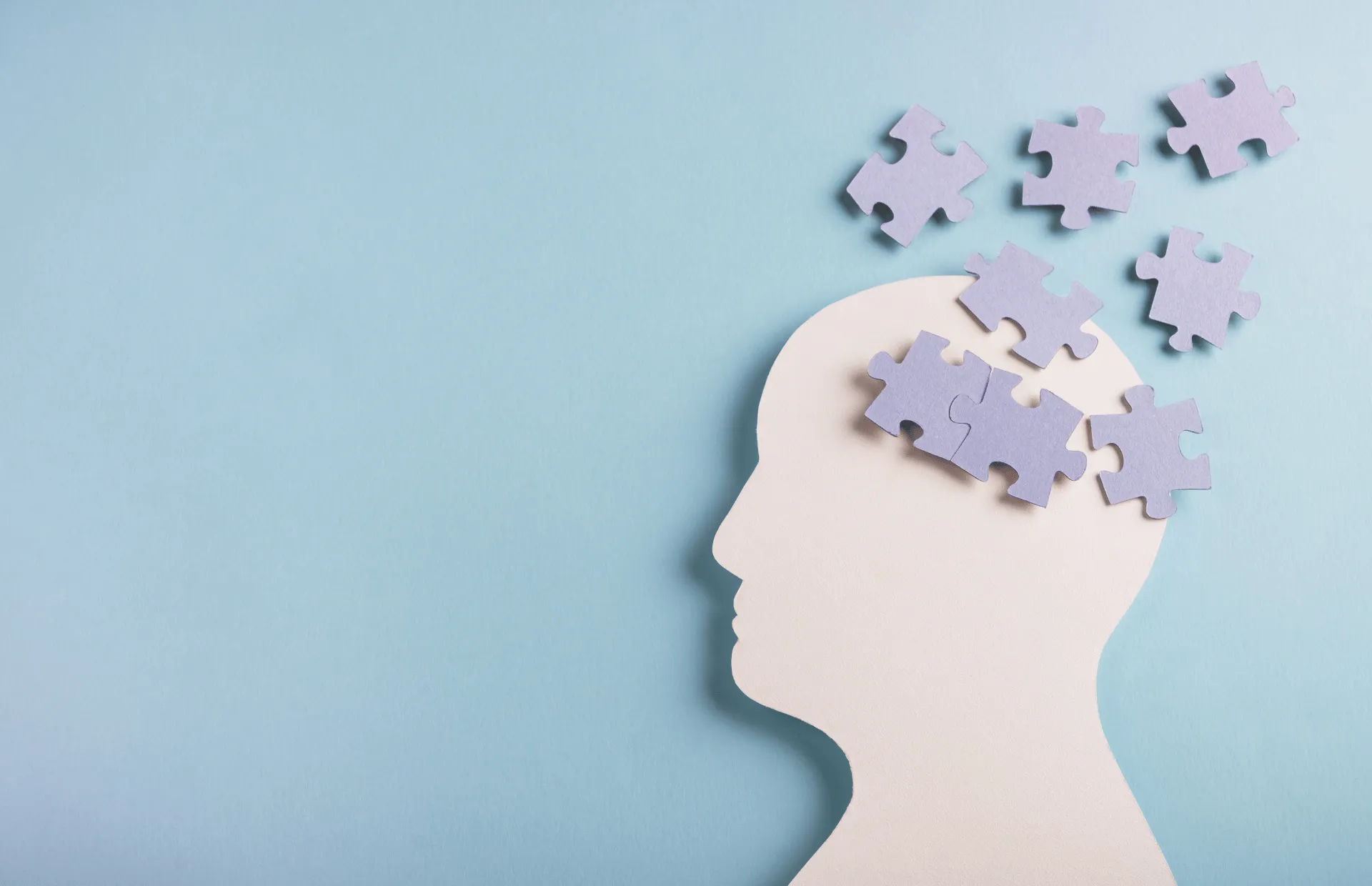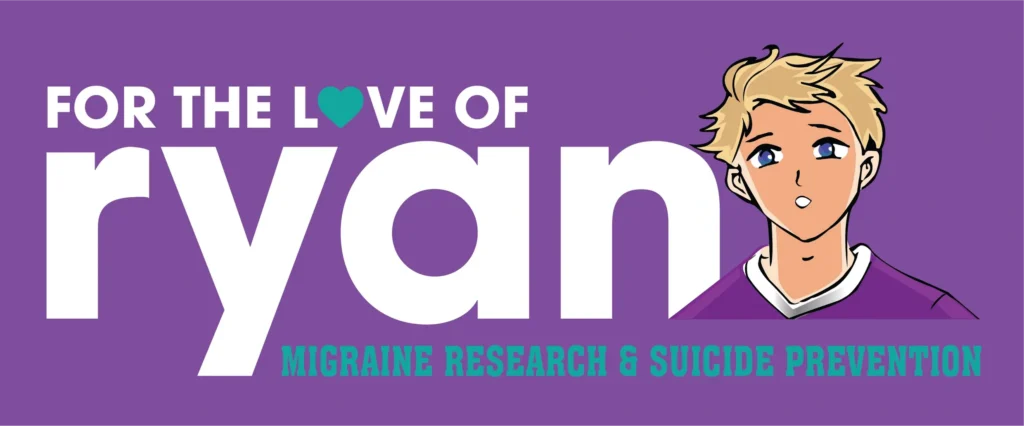Living with migraine can be an isolating experience. The unpredictable nature of attacks, coupled with the lack of public understanding about the condition, often leaves sufferers feeling alone in their struggle. However, the power of a supportive community cannot be understated. Connecting with others who share similar experiences can provide not only comfort and understanding but also practical strategies for managing migraine. This article explores the significance of support systems and community resources for individuals with migraine, offering guidance on finding and nurturing these essential networks.
The Value of a Supportive Community
A supportive community offers a safe space where individuals can share their experiences, challenges, and successes related to living with migraine. Such communities can take various forms, from in-person support groups and online forums to social media channels and migraine advocacy organizations. The benefits of participating in these communities include:
- Emotional Support: Sharing experiences with others who understand the unique challenges of migraine can alleviate feelings of isolation and provide emotional comfort.
- Exchange of Information: Community members often share advice on managing symptoms, navigating healthcare systems, and finding effective treatments, which can be invaluable for those seeking to improve their quality of life.
- Advocacy and Awareness: Collective voices can raise awareness about migraine, advocate for better healthcare policies, and promote research into new treatments.
Finding Supportive Networks
For many, the first step toward finding a supportive community is the most challenging. Here are some strategies to begin building your support network:
- Migraine Advocacy and Research Organizations: Organizations dedicated to migraine research and advocacy often offer resources for finding local support groups and community events.
- Online Forums and Social Media: Platforms like Reddit, Facebook, and dedicated migraine forums host vibrant communities where individuals can seek advice, share stories, and find encouragement from anywhere in the world.
- Healthcare Providers: Doctors and healthcare professionals may be able to recommend support groups and resources in your area or online.
Fostering a Supportive Environment
Creating and maintaining a supportive community involves mutual respect, empathy, and active participation. Here are some tips for fostering a positive environment within your support network:
- Active Listening: Practice active listening when engaging with community members, showing empathy and understanding for their experiences.
- Sharing Knowledge: If you’ve found strategies or treatments that work for you, share them with the community. However, remember that what works for one person may not work for another, so it’s important to encourage individualized approaches to migraine management.
- Encouraging Advocacy: Support each other in advocating for migraine awareness and better care. This can involve participating in awareness campaigns, fundraising for research, or sharing educational resources with the wider public.
The Role of Technology in Building Communities
Technology plays a crucial role in connecting migraine sufferers worldwide. Digital platforms offer tools for creating online support groups, forums, and social networks that transcend geographical boundaries. Mobile health apps and telehealth services also provide new ways for individuals to manage their migraine and connect with specialists, further enriching the support available within the migraine community.
A Community’s Support
Building and participating in a supportive community can be a lifeline for those living with migraine. By sharing experiences, knowledge, and support, individuals can feel less isolated and more empowered to manage their condition. Whether through in-person support groups, online communities, or advocacy organizations, finding and fostering connections with others can significantly impact coping with migraine.









